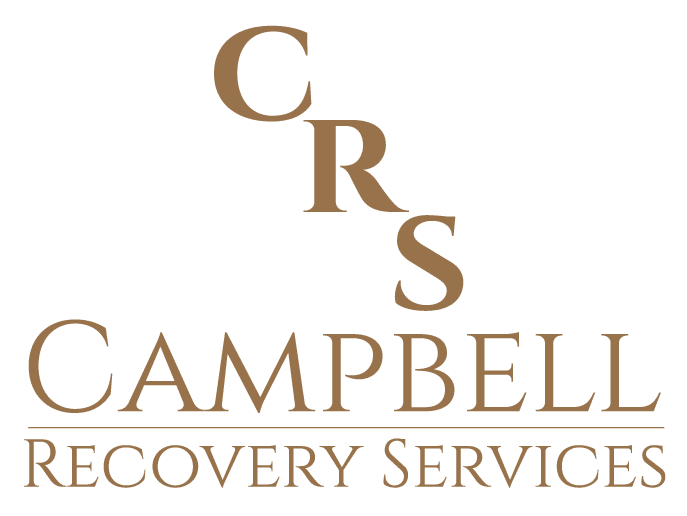When a relationship is rocked by infidelity or compulsive sexual behaviors, the path to healing can feel uncertain. At Campbell Recovery Services, we recognize that rebuilding trust after betrayal requires more than apologies — it requires structure, truth, and accountability. One of the most effective tools for couples committed to healing is the full therapeutic disclosure process, guided by trained professionals.
Understanding the Two Levels of Betrayal
In many relationships impacted by sex addiction, betrayal shows up in two distinct ways:
- The Behavior — This includes any sexual or emotional interaction outside the boundaries of the committed relationship.
- The Deception — This level is often even more painful and includes the lies, gaslighting, omissions, and ongoing cover-ups surrounding the behavior.
The combination of these betrayals can lead to deep trauma for the betrayed partner and disconnection for the person who broke the trust. Full therapeutic disclosure offers a way to begin repairing that damage in a safe, guided setting.
What Is Full Therapeutic Disclosure?
Therapeutic disclosure is a structured process involving both partners and their individual therapists. The partner who engaged in the betrayal prepares a written statement outlining their behaviors and takes full responsibility. This statement is shared in a controlled therapy session with both therapists present.
In some cases, couples may also choose to include a polygraph examination to provide further validation and show a commitment to complete honesty.
This process is not recommended for couples who are ending the relationship — it is intended for those who want to stay together and do the hard work of rebuilding trust.
The Three-Stage Process of Therapeutic Disclosure
The full disclosure process unfolds in three parts:
- The Disclosure Session
The betraying partner shares their written disclosure with the support of both therapists. The betrayed partner is prepared in advance and has input on how the session will be conducted. - The Impact Letter
After disclosure, the betrayed partner works with their therapist to write a letter detailing how the behaviors and deception have affected them emotionally, mentally, and physically. This is shared in a joint session. - The Emotional Restitution Letter
The betraying partner then prepares a response — an emotional restitution letter — where they acknowledge the impact of their actions and express a genuine desire to make amends. This is also shared in a joint therapy setting.
After each stage, the couple and their therapists decide together whether to proceed to the next step.
The Benefits of a Full Disclosure Process
- Restores Integrity: The betraying partner reclaims honesty by fully disclosing their actions and ending the cycle of secrecy.
- Validates the Betrayed Partner: They receive the answers they need, rather than being left to wonder or piece together half-truths.
- Facilitates True Healing: By openly addressing both the behaviors and the emotional damage, couples create space for genuine emotional repair.
- Lays the Foundation for Rebuilding Trust: It is not a quick fix — but for couples willing to go through the process, it can be the starting point of a healthier, more honest relationship.
- Guided by Professionals: At Campbell Recovery Services, the process is managed by experienced therapists who understand trauma, addiction, and the complexity of relationships.
A Path Forward, Together
Therapeutic disclosure is never easy — but for many couples, it’s the beginning of real hope. When done with care, intention, and professional guidance, it becomes a critical step in transforming pain into possibility.
If you or your partner are ready to begin this healing journey, contact Campbell Recovery Services. Our team of specialists is here to walk with you — one truth, one step, one healing moment at a time.





